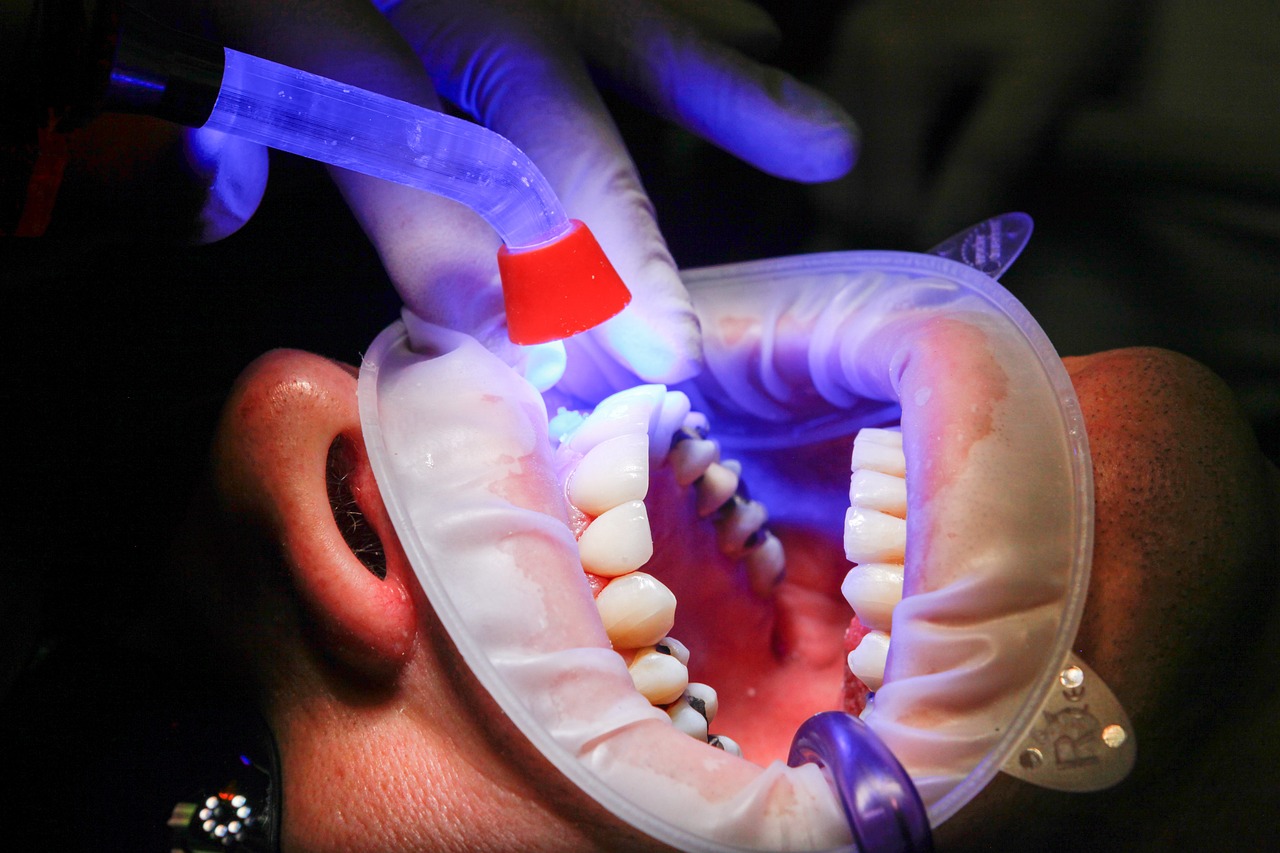Exploring the Connection Between Diet and Endometriosis
Many women with endometriosis have reported experiencing improvements in their symptoms by making changes to their diet. Research suggests that certain foods can either exacerbate or alleviate the symptoms of endometriosis. For example, foods high in trans fats, such as processed and fried foods, have been linked to increased inflammation and hormonal imbalances in the body, which can worsen endometriosis symptoms.
In contrast, incorporating nutrient-dense foods such as fruits, vegetables, whole grains, and lean proteins can help to reduce inflammation and support hormone regulation, potentially easing the pain and discomfort associated with endometriosis. Additionally, some women find relief by following an anti-inflammatory diet, which focuses on consuming foods rich in antioxidants and omega-3 fatty acids while avoiding foods that trigger inflammation. By paying attention to their dietary choices, women with endometriosis may be able to manage their symptoms more effectively and improve their overall quality of life.
Understanding the Role of Inflammation in Endometriosis
Endometriosis is a chronic inflammatory condition that affects millions of women worldwide. Inflammation plays a crucial role in the development and progression of endometriosis. When endometrial-like tissue grows outside the uterus, it triggers an immune response, leading to inflammation in the pelvic region. This inflammatory process can cause pain, infertility, and other debilitating symptoms in women with endometriosis.
Inflammation in endometriosis is driven by various factors, including the production of inflammatory molecules such as cytokines and prostaglandins. These molecules contribute to tissue damage, pain sensitivity, and abnormal tissue growth characteristic of endometriosis. Moreover, inflammation can create a hostile environment in the pelvic cavity, promoting the survival and growth of endometrial implants. By understanding the role of inflammation in endometriosis, researchers and healthcare providers can develop targeted therapies to manage symptoms and improve the quality of life for women affected by this condition.
• Endometriosis is a chronic inflammatory condition affecting millions of women worldwide
• Inflammation plays a crucial role in the development and progression of endometriosis
• Endometrial-like tissue growing outside the uterus triggers an immune response leading to inflammation in the pelvic region
• Inflammatory process can cause pain, infertility, and other debilitating symptoms in women with endometriosis
Inflammation in endometriosis is driven by various factors:
• Production of inflammatory molecules such as cytokines and prostaglandins
• These molecules contribute to tissue damage, pain sensitivity, and abnormal tissue growth characteristic of endometriosis
• Inflammation creates a hostile environment promoting survival and growth of endometrial implants
Understanding the role of inflammation in endometriosis is crucial for:
• Developing targeted therapies to manage symptoms
• Improving quality of life for women affected by this condition
Foods to Avoid for Endometriosis Management
One key aspect of managing endometriosis symptoms through diet is being mindful of certain foods that can potentially exacerbate inflammation and hormonal imbalances in the body. Foods high in trans fats, such as fried foods and commercially baked goods, have been linked to increased inflammation levels, which can worsen the symptoms of endometriosis. Additionally, foods that are high in refined sugars and artificial sweeteners can also contribute to inflammation and may disrupt hormone regulation, leading to heightened pain and discomfort for individuals with endometriosis.
In addition to trans fats and sugars, dairy products containing high levels of hormones and antibiotics can be problematic for individuals with endometriosis. These added hormones and antibiotics can further disrupt hormonal balance and exacerbate inflammation in the body. It is recommended to opt
consider limiting or avoiding dairy products like certain cheeses and conventional cow’s milk, and opt for dairy alternatives such as almond or oat milk instead. By being mindful of the impact of certain foods on inflammation and hormonal balance, individuals with endometriosis can take proactive steps towards managing their symptoms through diet.
How does diet impact endometriosis symptoms?
Diet can play a significant role in managing endometriosis symptoms. Certain foods can worsen inflammation and hormonal imbalances, leading to increased pain and discomfort.
What is the role of inflammation in endometriosis?
Inflammation is a key factor in the development and progression of endometriosis. Consuming foods that promote inflammation can exacerbate symptoms and contribute to the growth of endometrial tissue outside the uterus.
What are some foods to avoid for endometriosis management?
Some foods to avoid for endometriosis management include processed foods high in trans fats, refined sugars, caffeine, alcohol, and red meat. These foods can increase inflammation and worsen symptoms.
Can diet alone cure endometriosis?
While diet can play a significant role in managing endometriosis symptoms, it is not a cure for the condition. It is important to work with healthcare professionals to develop a comprehensive treatment plan that may include dietary changes, medication, and other interventions.






